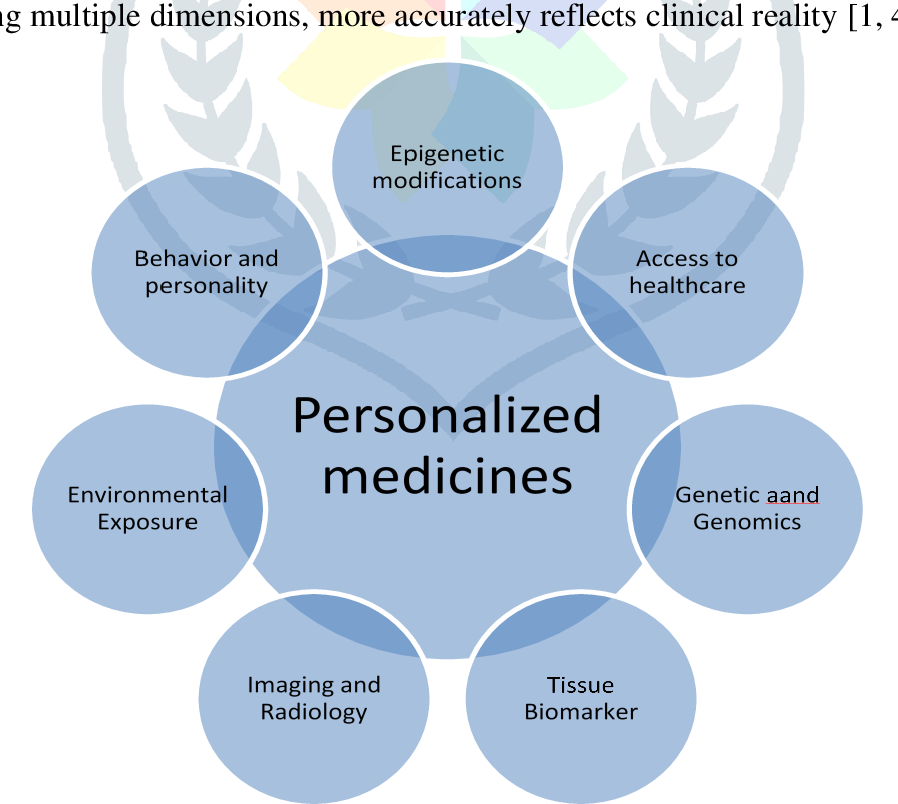
AI Unlocks the Path to Personalized Medicine with Precision DiagnosisAI Unlocks the Path to Personalized Medicine with Precision Diagnosis Artificial intelligence (AI) is revolutionizing the healthcare industry, and one of its most promising applications is in personalized medicine. By harnessing the power of AI, we can unlock the potential for precision diagnosis, tailored treatments, and improved patient outcomes. Precision Diagnosis: Unlocking the Puzzle Traditional diagnostic methods can be limited in their ability to pinpoint the root cause of a medical condition. AI algorithms, however, can sift through vast amounts of data, including medical history, genomics, and imaging, to identify subtle patterns and identify potential diagnoses that may have been missed by human clinicians. By leveraging AI’s pattern-matching capabilities, healthcare professionals can: * Detect diseases earlier and more accurately, even when symptoms are nonspecific. * Differentiate between similar conditions that have overlapping symptoms. * Identify rare genetic disorders that are difficult to diagnose through conventional means. Tailored Treatments: Precision Medicine in Practice Once a precise diagnosis has been made, AI can assist in developing personalized treatment plans that are tailored to the individual patient’s unique characteristics. By considering factors such as genetics, lifestyle, and response to previous therapies, AI algorithms can predict the most effective treatments and minimize the risk of adverse reactions. This approach to personalized medicine enables healthcare providers to: * Optimize drug selection and dosage based on the patient’s genetic profile. * Predict the likelihood of side effects and adjust treatment accordingly. * Develop individualized care plans that maximize efficacy and minimize unnecessary interventions. Improved Patient Outcomes: The Power of Precision The ultimate goal of personalized medicine is to improve patient outcomes by providing the right treatment at the right time. AI-powered precision diagnosis and tailored treatments can lead to: * Reduced healthcare costs by avoiding unnecessary tests and ineffective treatments. * Improved survival rates and reduced complications. * Enhanced patient satisfaction and quality of life. * Empowerment of patients in their own healthcare decision-making. Conclusion AI is unlocking the path to personalized medicine by enabling precision diagnosis and tailored treatments. By harnessing the power of AI, we can unlock the full potential of personalized medicine and revolutionize the way we diagnose and treat diseases, ultimately leading to better outcomes for patients worldwide.
Posted inNews